Rapid Outbreak Financing to Prevent Epidemics
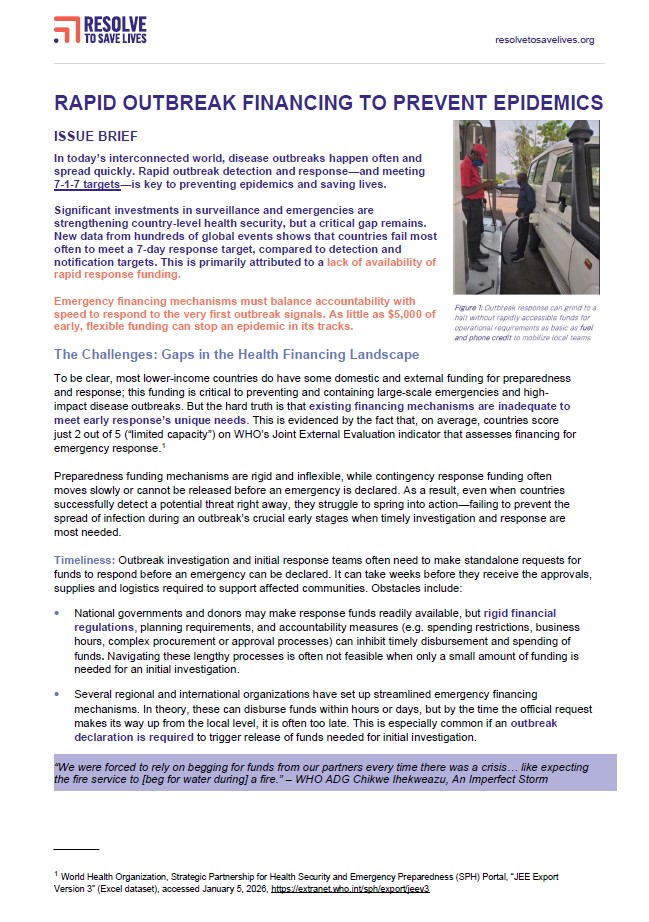
Issue brief exploring how fast, flexible funding can reduce outbreak transmission with timely and effective containment activities.
2025 in review: Country leadership, global impact
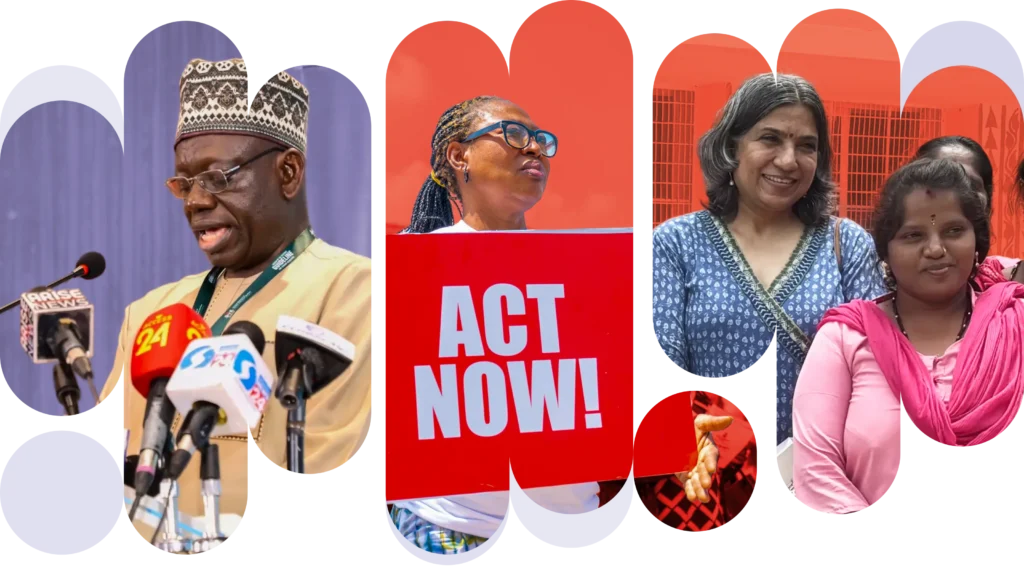
2025 was a difficult year for public health, but together with our partners, we made important progress against the world’s deadliest health threats. Cardiovascular health initiatives that we work with partners on reached a historic milestone: they’re now on track to prevent 9 million deaths over the coming decades—representing one of the most cost-effective life-saving […]
Dr. Tom Frieden: The End of the Donor-Driven Era
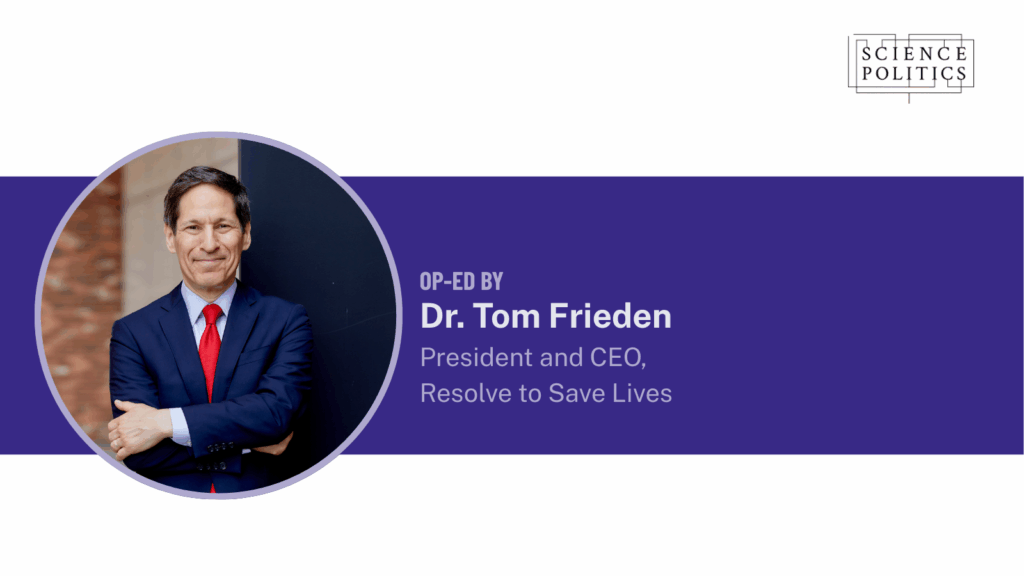
The first quarter of the 21st century was an anomaly — a golden age of global health assistance built on the false assumption that external support would last forever. That era is over. Funding is contracting sharply across the board. Geopolitical trust has frayed. The old model no longer fits our world. In a new […]
IHR Key Obligations and Rights – Summary Table
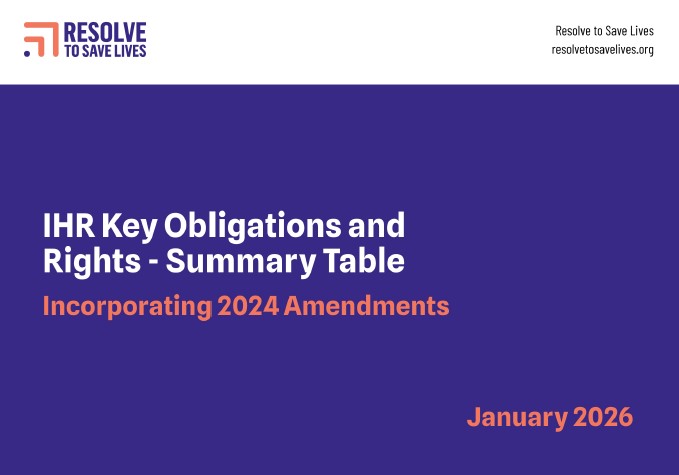
Summary table on IHR key obligations and rights for incorporating the 2024 amendments.
Considérations relatives à la mise en place d’autorités nationales compétentes en matière de RSI
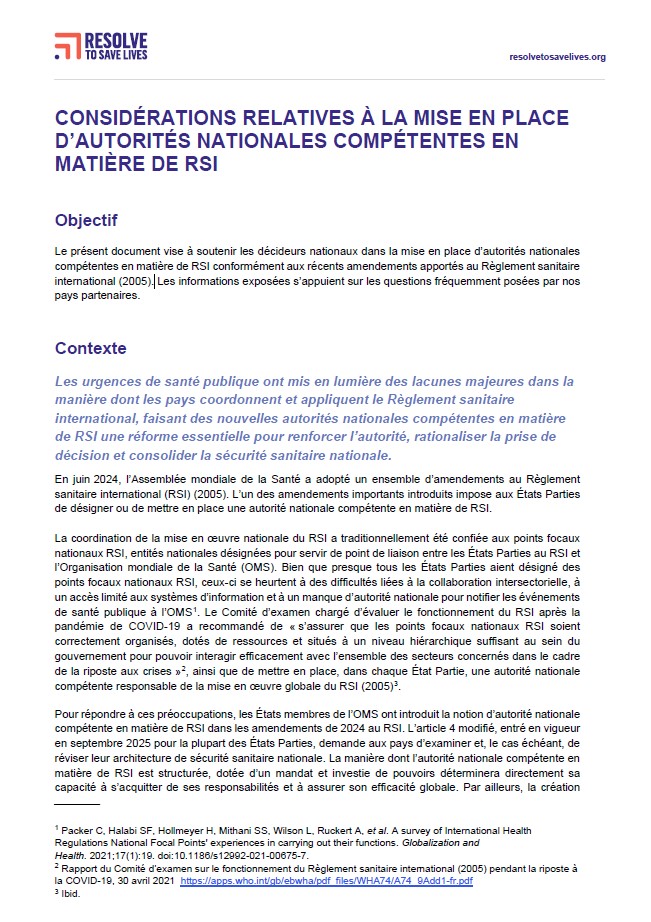
Le présent document vise à soutenir les décideurs nationaux dans la mise en place d’autorités nationales compétentes en matière de RSI conformément aux récents amendements apportés au Règlement sanitaire international (2005).
IHR Legal Analysis: Standardized Checklist and Reporting Template
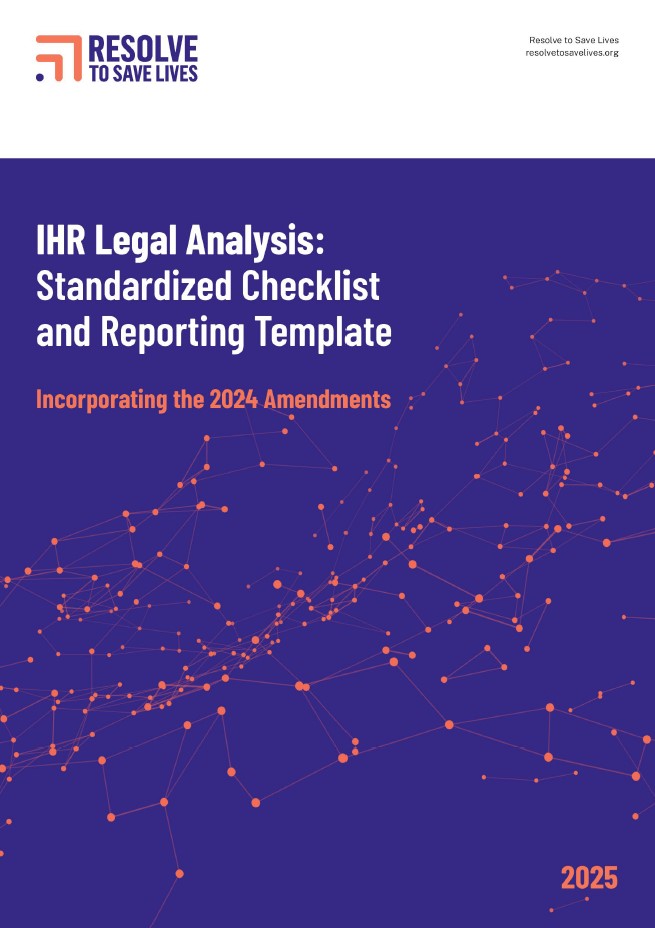
Standardized checklist and reporting template for incorporating the 2024 amendments.
Workshop series prepares program managers to improve heart health
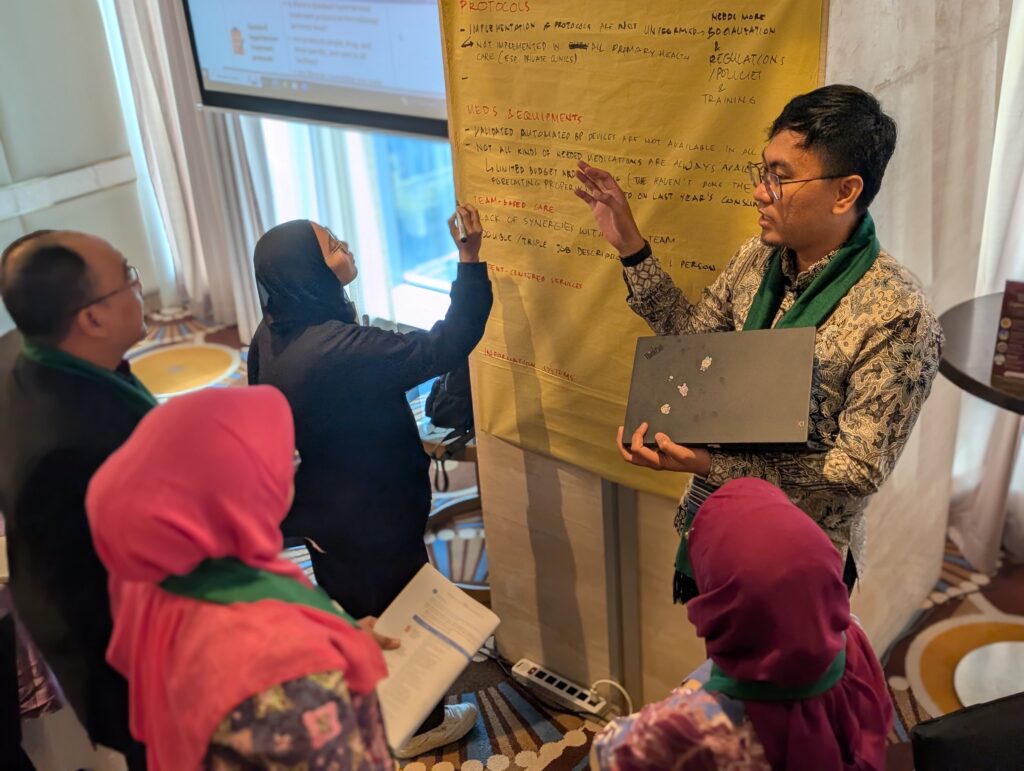
Resolve to Save Lives recently co-hosted it’s second competency-based training workshop for national and subnational program managers improving heart health
7-1-7 Alliance webinars
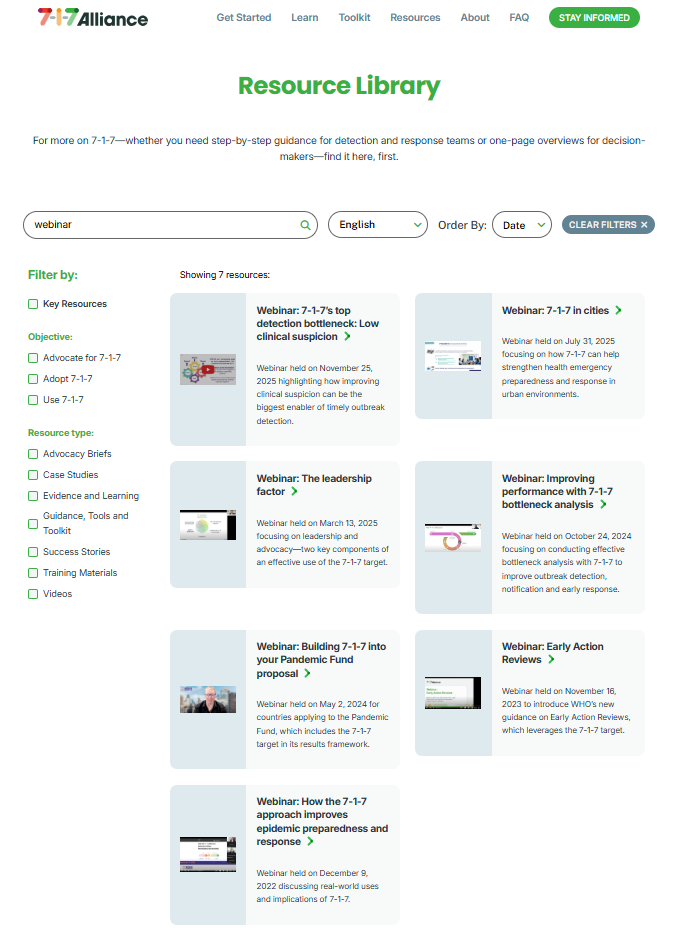
The recording of all webinars hosted by the 7-1-7 Alliance available to watch on its website.
Dr. Tom Frieden: How to stop the global rise of superbugs

We are losing the defenses that protect us from microbes. Global antibiotic resistance, the result of overuse in clinical medicine and agriculture, is growing. But progress is possible with evidence-based interventions, incentive shifts, and smarter regulation. In a new op-ed for Financial Times, Dr. Tom Frieden, President and CEO of Resolve to Save Lives, discusses […]
Recursos en el objetivo 7-1-7
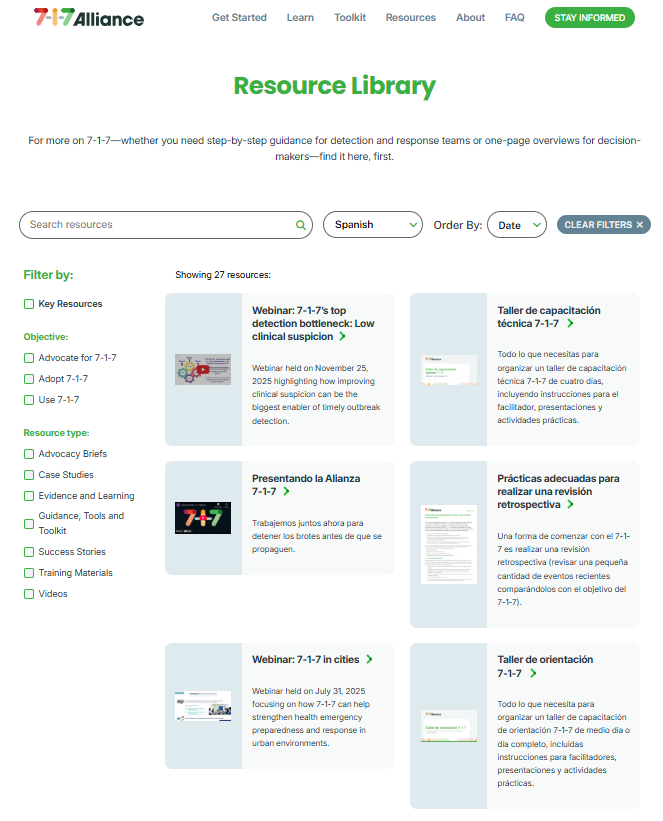
Todos los recursos disponibles en español en el sitio web de la Alianza 7-1-7: guías, herramientas, capacitaciones y ejemplos de países.
Recursos sobre a meta 7-1-7
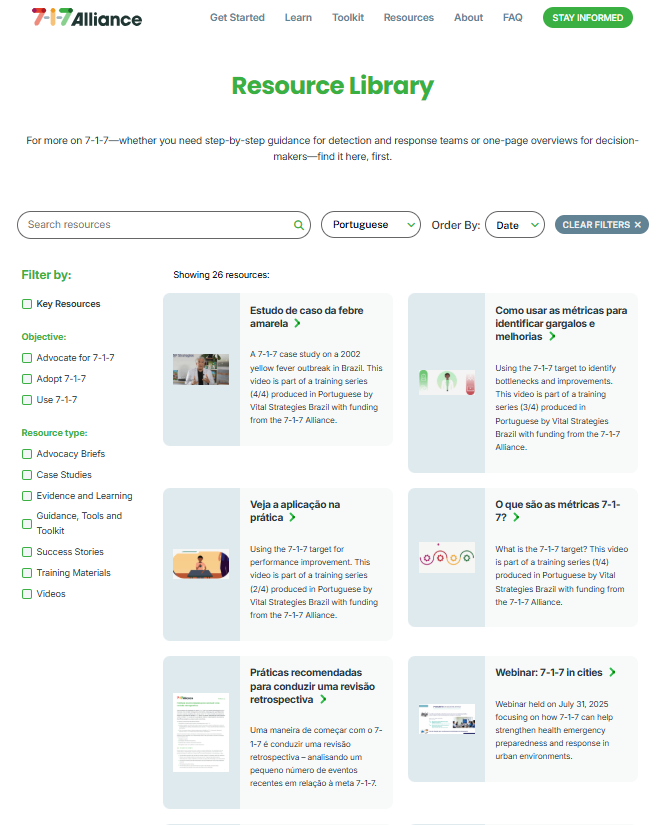
Todos os recursos disponíveis em português no site da Aliança 7-1-7: guias, ferramentas, treinamentos e exemplos de países.
Ressources sur la cible 7-1-7
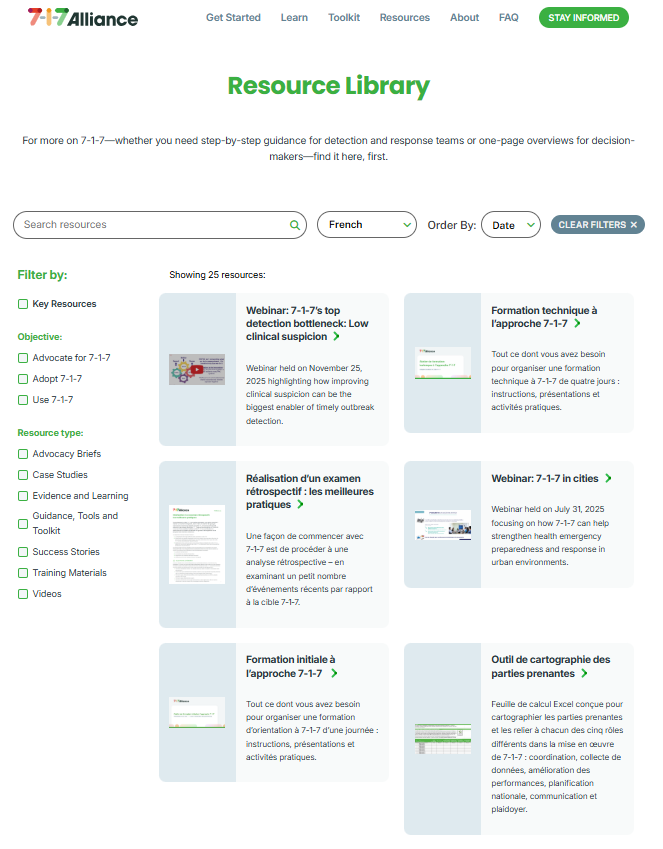
Toutes les ressources disponibles en français sur le site de l’Alliance 7-1-7 : guides, outils, formations et exemples pays.
الموارد المتعلقة بالهدف 7-1-7
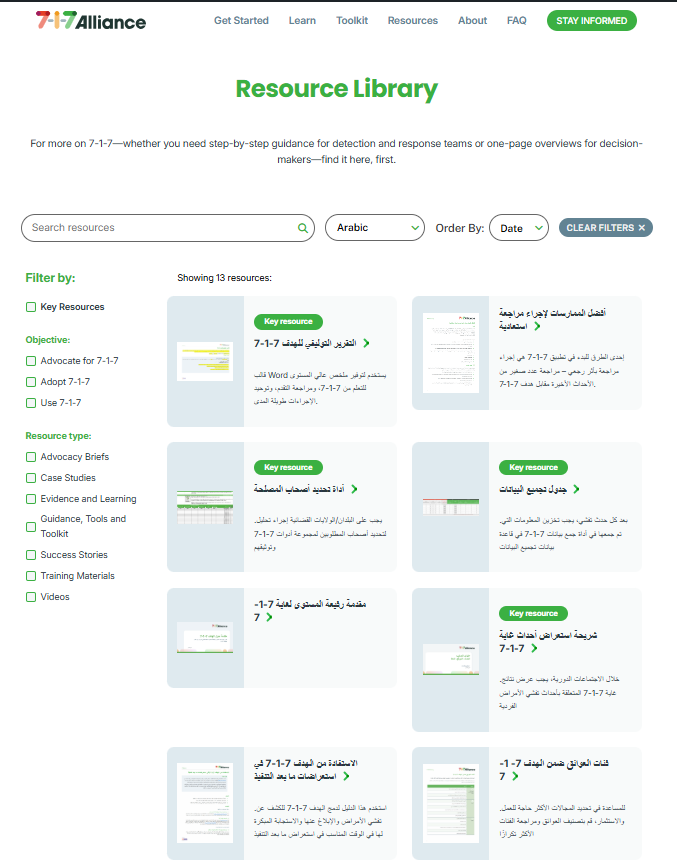
جميع الموارد متوفرة باللغة العربية على موقع تحالف 7-1-7: الأدلة والأدوات والتدريب وأمثلة البلدان.
Building the science behind a smarter salt
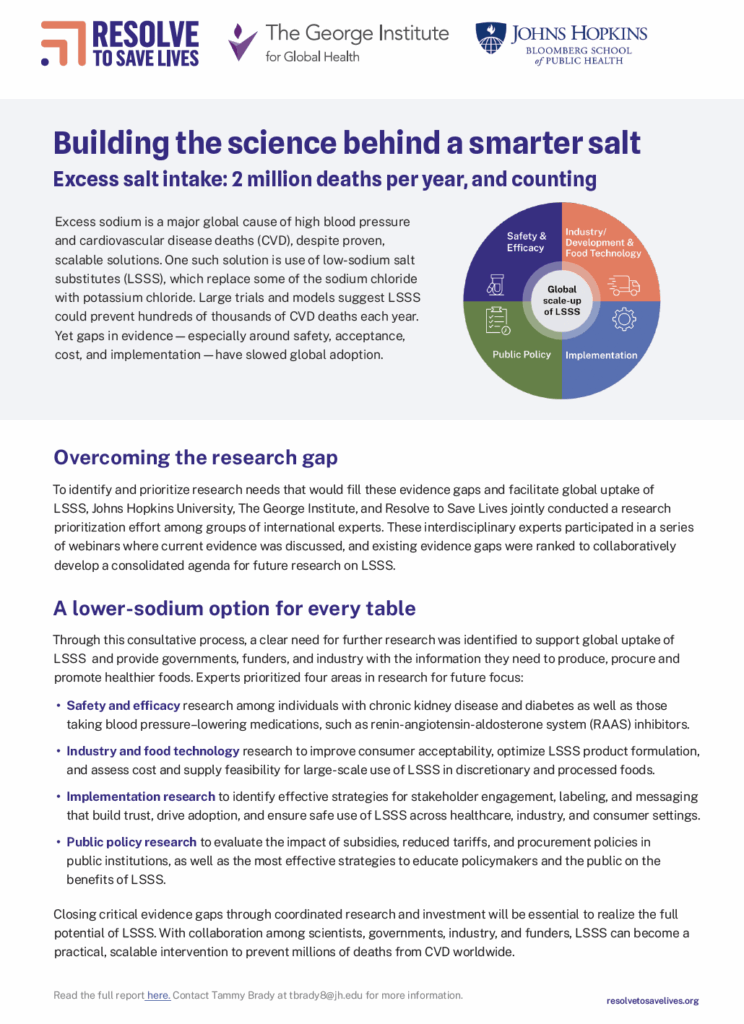
Excess sodium drives global hypertension and cardiovascular deaths, yet adoption of lower-sodium salt substitutes remains slow despite strong evidence that they could prevent hundreds of thousands of deaths annually. To pinpoint what’s holding back large-scale uptake, Johns Hopkins University, The George Institute, and Resolve to Save Lives convened international experts to identify the most urgent […]
Research prioritization to scale-up lower-sodium salts
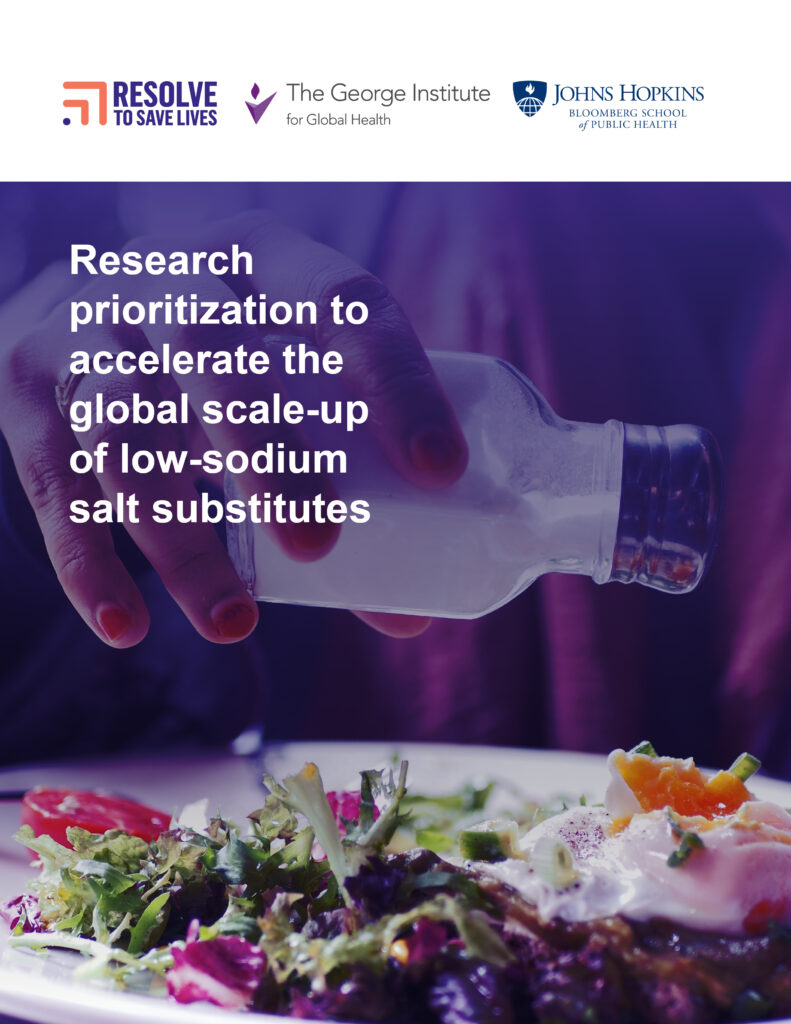
Excess sodium drives global hypertension and cardiovascular deaths, yet adoption of low-sodium salt substitutes (LSSS) remains slow despite strong evidence that they could prevent hundreds of thousands of deaths annually. To pinpoint what’s holding uptake back, Johns Hopkins University, The George Institute, and Resolve to Save Lives convened international experts to identify the most urgent […]
New feature: Action plans for program managers using the Simple App for improved patient care

The user-centered, open source Simple app, developed by Resolve to Save Lives, now has a new feature to help care for patients in the primary health care setting. The Simple dashboard now includes action plans, a new program management feature that allows managers to create actionable and measurable goals directly in within the dashboard. This […]
Considerations for the establishment of national IHR authorities (NIAs)
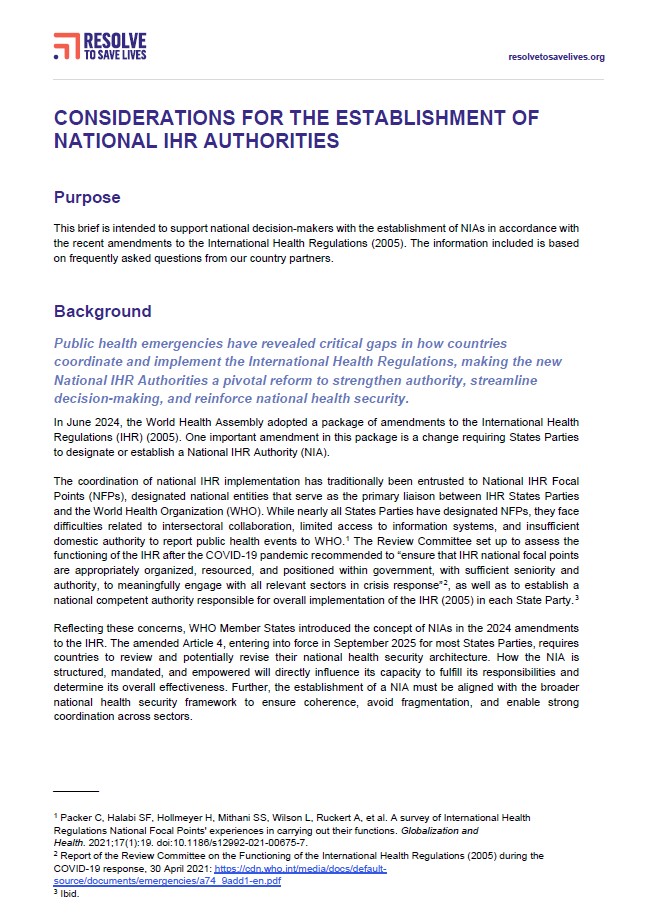
A brief to support national decision-makers with the establishment of national IHR authorities (NIAs) in accordance with the recent amendments to the International Health Regulations (2005).
Lessons learned from treating 34 million people with hypertension
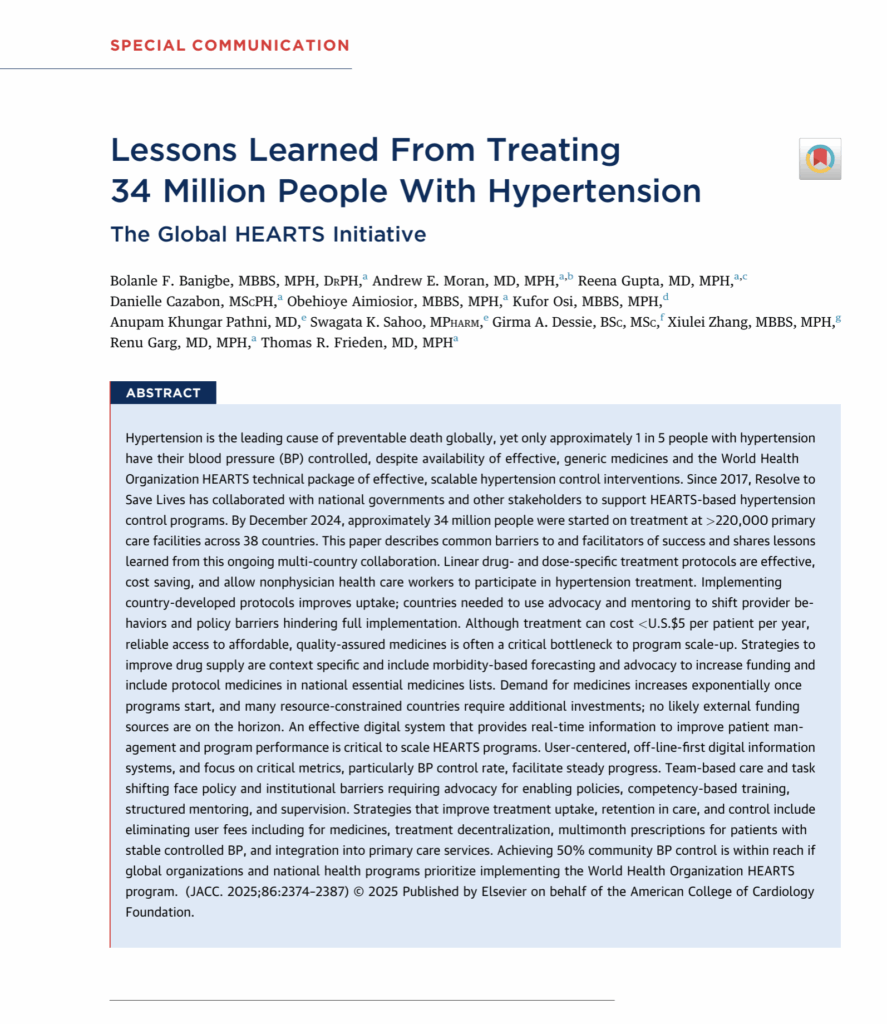
Hypertension is the leading cause of preventable death globally, yet only one in five people with high blood pressure have it under control despite availability of effective, low-cost medicines and the WHO HEARTS technical package of effective, scalable hypertension control interventions. Since 2017, Resolve to Save Lives has collaborated with national governments and other stakeholders […]
Global Development Assistance for Health Allocated to Cardiovascular Disease Control, 2015 to 2022
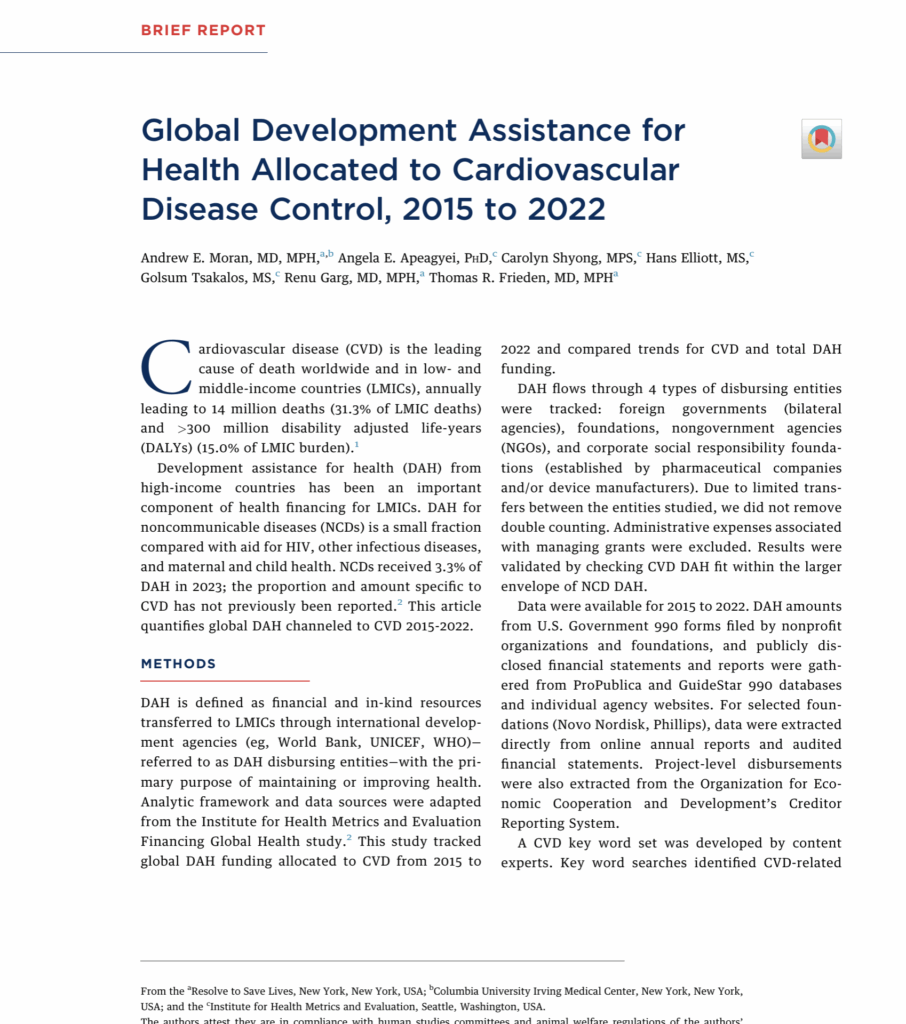
Cardiovascular disease (CVD) is the leading cause of death worldwide yet CVD prevention efforts remain starkly underfunded. A new landmark report in the Journal of the American College of Cardiology quantifies for the first time the surprising mismatch between high CVD burden and low CVD funds from high income country governments and international development agencies such […]
The World Health Organization further endorses 7-1-7
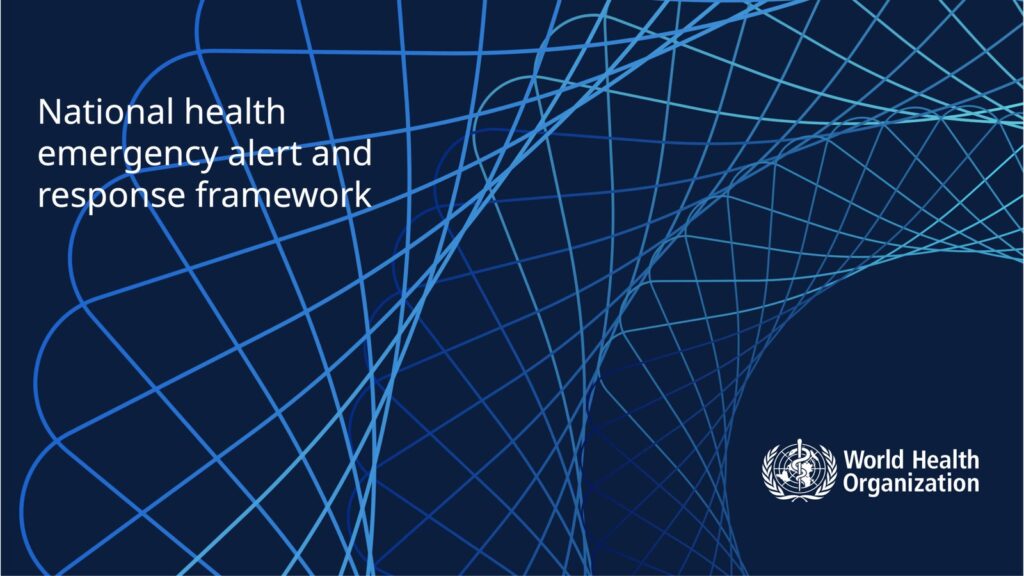
The World Health Organization (WHO) has embedded the 7-1-7 target for timely outbreak detection and control in the new National Health Emergency Alert and Response Framework.
New partnerships to prevent lead poisoning
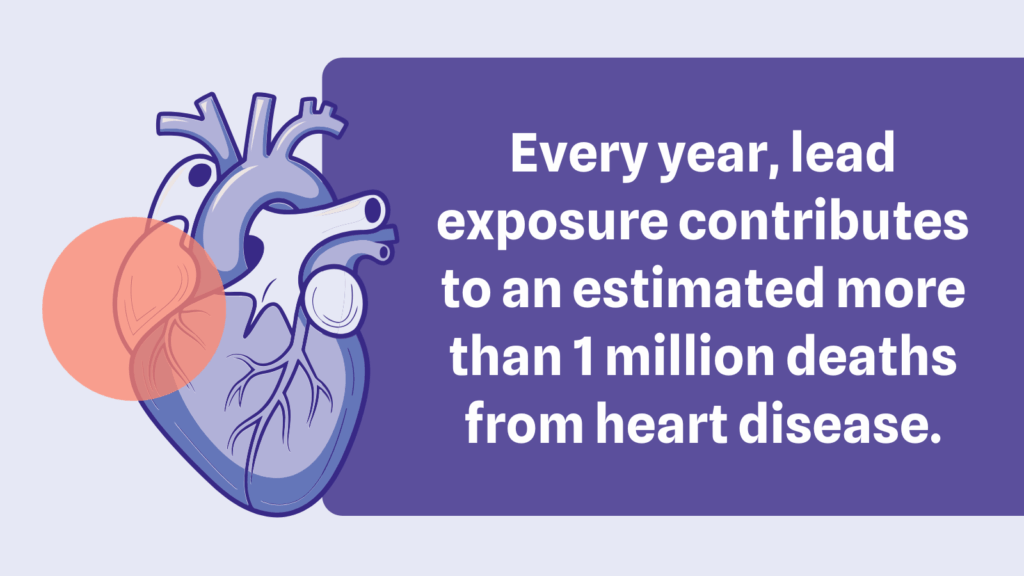
Did you know that every year, lead exposure contributes to an estimated more than 1 million deaths from heart disease? The overwhelming majority of these preventable deaths occur in low- and middle-income countries. With support from Open Philanthropy through the Lead Exposure Action Fund (LEAF), we are working alongside government and local partners in […]
Global Week for Action: Key actions to successfully eliminate toxic trans fat
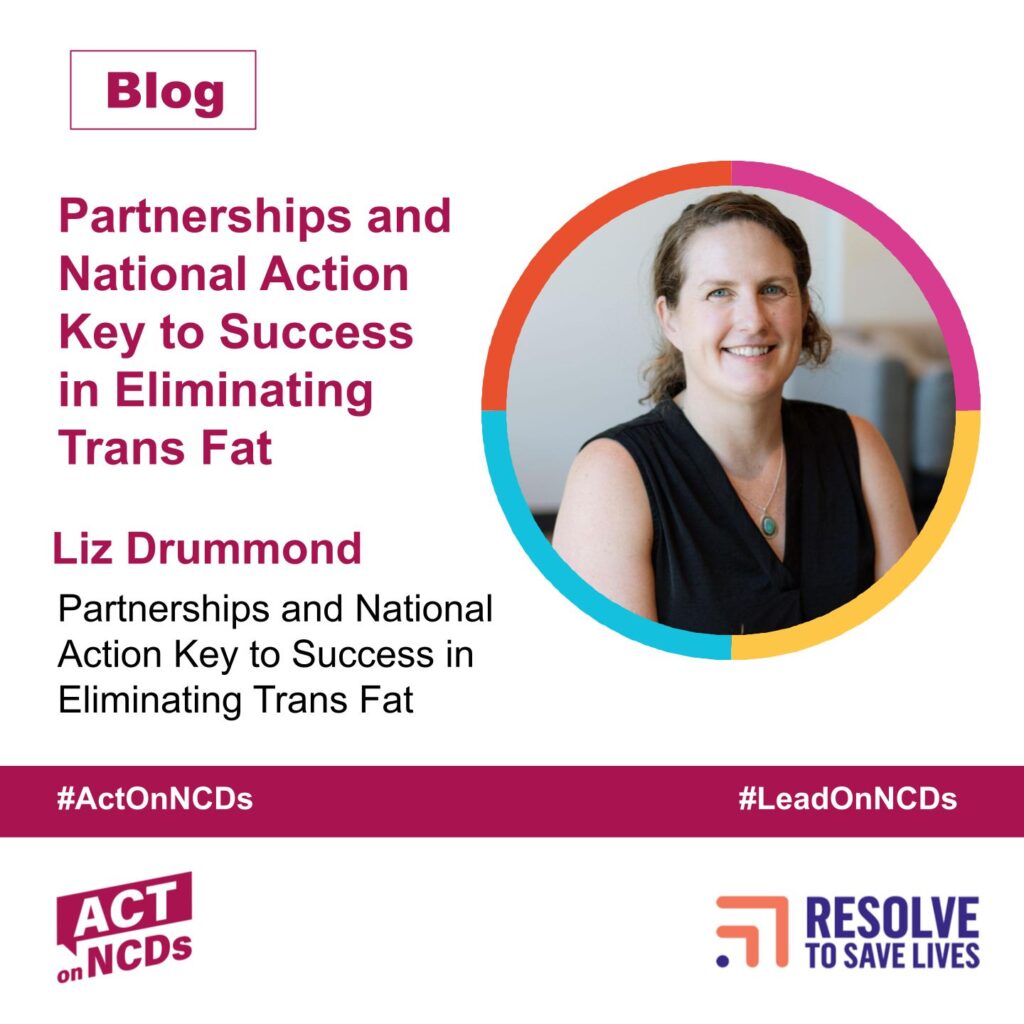
Eliminating trans frat from the global food supply is a proven, cost-effective way to save thousands of lives each year from heart attack and stroke. So how do we do it? In a new blog post, RTSL Senior technical advisor for trans fat, Liz Drummond, writes about effective trans fat elimination policies and how countries of all […]
Solutions to common barriers to outbreak detection and response
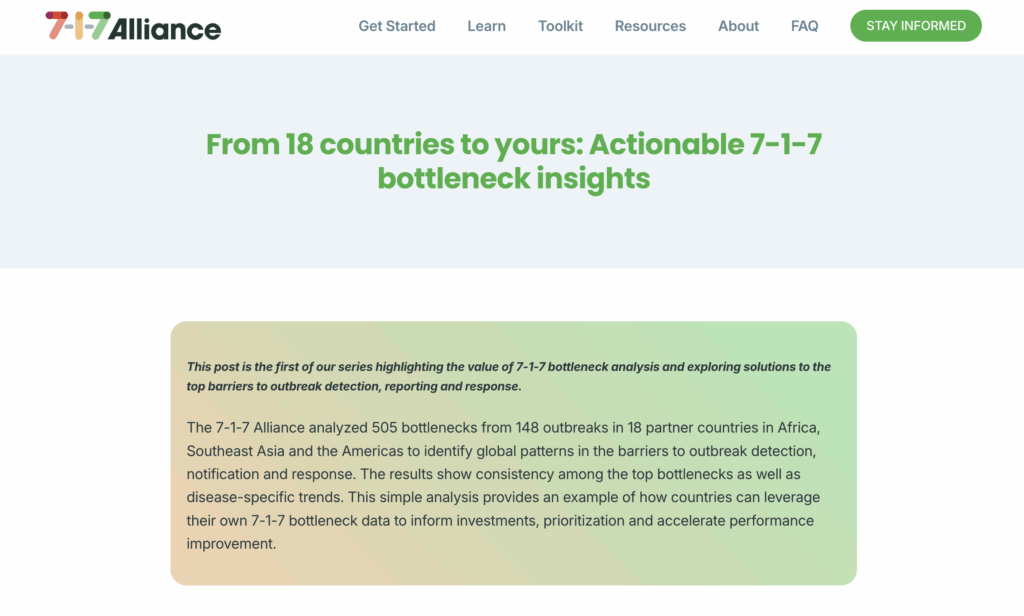
Countries worldwide face similar bottlenecks that slow down outbreak detection, notification and response. In a series of data insights, the 7-1-7 Alliance, an initiative hosted by Resolve to Save Lives, identifies the top barriers across 150 outbreaks from nearly 20 countries and explores simple, promising solutions. Key bottlenecks include the lack of resources for outbreak […]
Join us at ICPHC 2025!
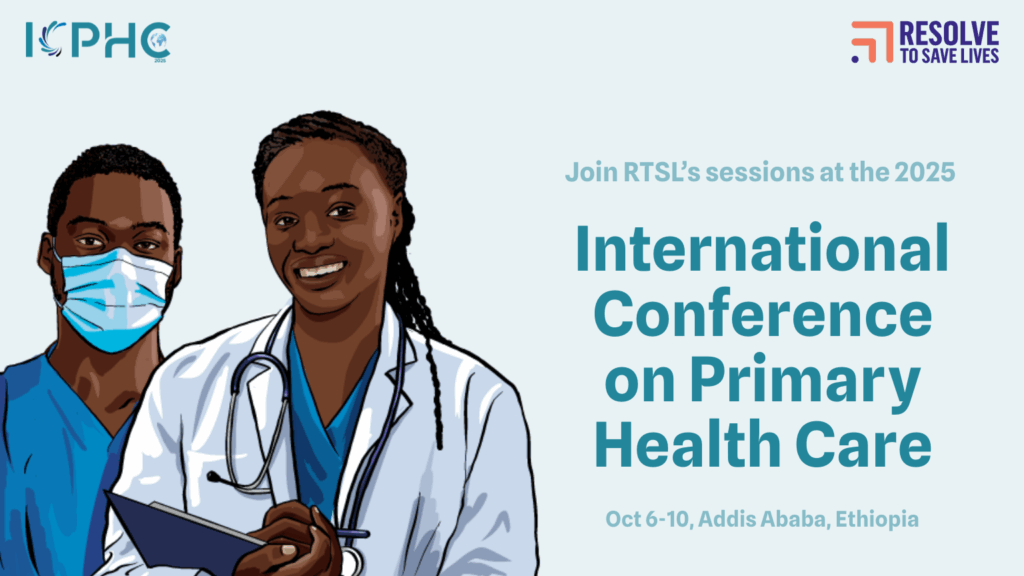
Resolve to Save Lives (RTSL) is proud to co-sponsor the International Primary Health Care Conference (ICPHC) 2025, which will take place in Addis Ababa, Ethiopia from October 6 to 10. The conference will bring together global health leaders, practitioners, policymakers, and partners to explore and emphasize why stronger primary health care is the foundation for […]
UNGA 2025 event: Equity and Integration: Reshaping health systems through people-centered primary health care
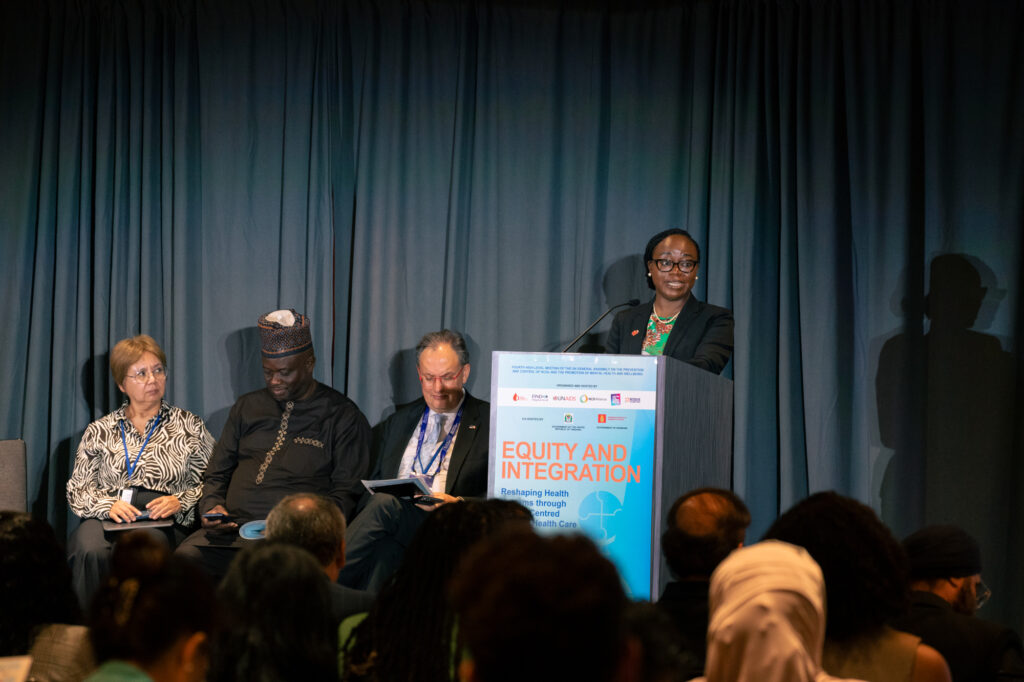
Prior to the UN General Assembly’s 4th high-level meeting on NCDs, Resolve to Save Lives co-hosted a side event with World Diabetes Federation, FIND, UNAIDS, NCD Alliance, and United for Global Health on the urgent need to integrate person-centered care at the primary health care level. One person sharing their lived experience said, “Don’t split […]
High blood pressure, high stakes: Translating commitment into life-saving action
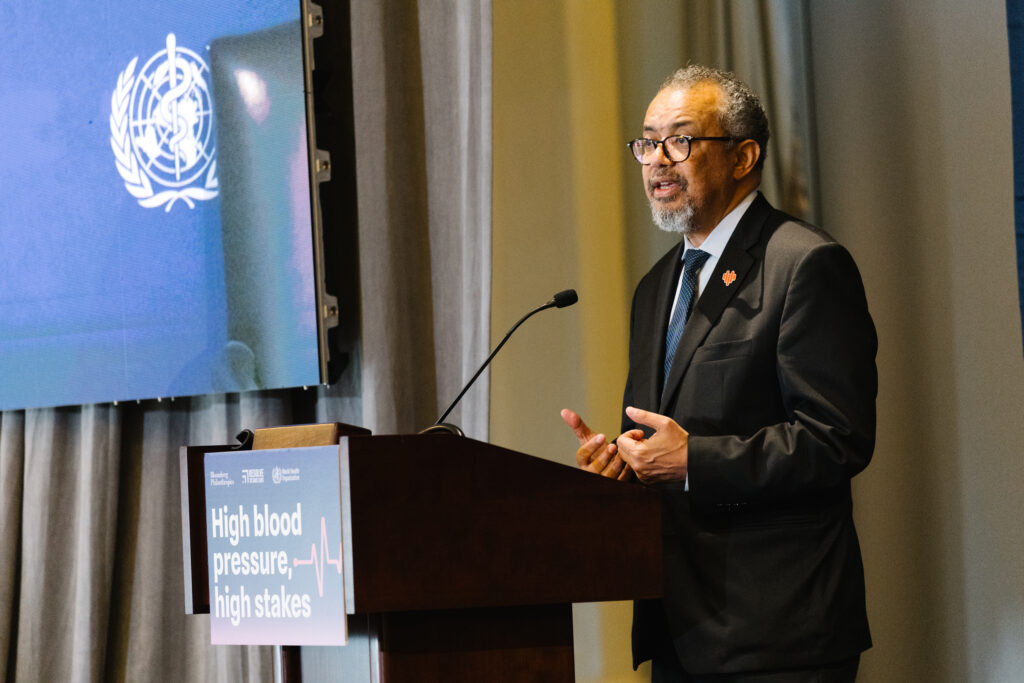
Resolve to Save Lives, the World Health Organization, and Bloomberg Philanthropies came together with global health leaders today to launch WHO’s second global hypertension report. High blood pressure affects 1.4 billion people worldwide, yet only 1 in 5 have it under control—leaving 80% at risk of heart attack, stroke, kidney disease, dementia, and early death. […]
Global report on hypertension 2025: High stakes—turning evidence into action
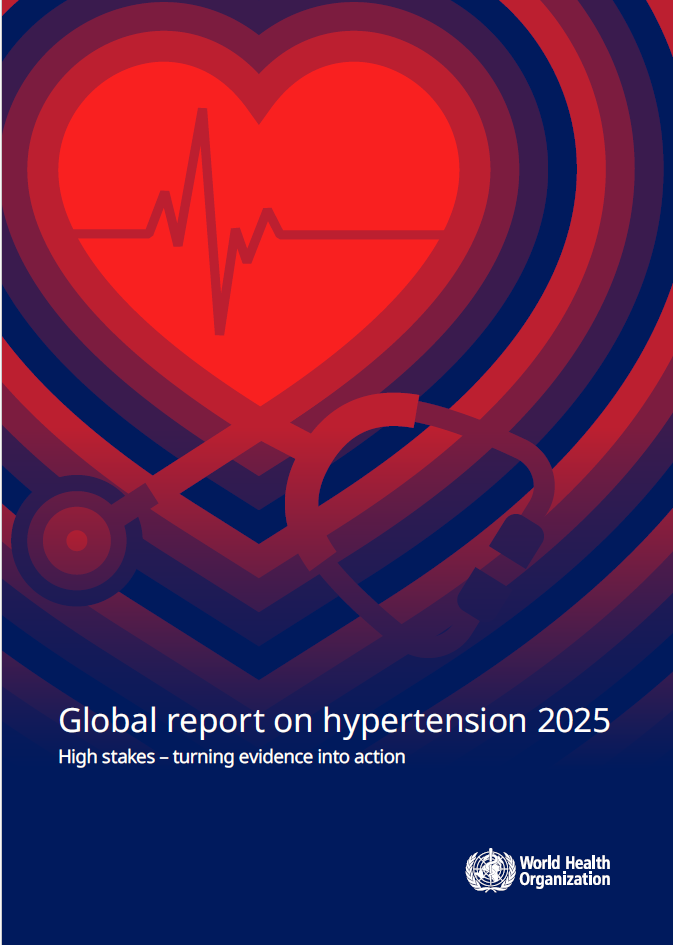
The World Health Organization’s second global hypertension report identifies access to life-saving medicines as the biggest barrier—but also the greatest opportunity—for rapid, scalable progress to get high blood pressure under control and save millions of lives.
Uncontrolled high blood pressure puts over a billion people at risk

More than 1.4 billion people lived with hypertension in 2024, yet only one in five have it under control, according to a new WHO report released with Bloomberg Philanthropies and Resolve to Save Lives.
Actionable 7‑1‑7 bottleneck insights: Timely laboratory confirmation
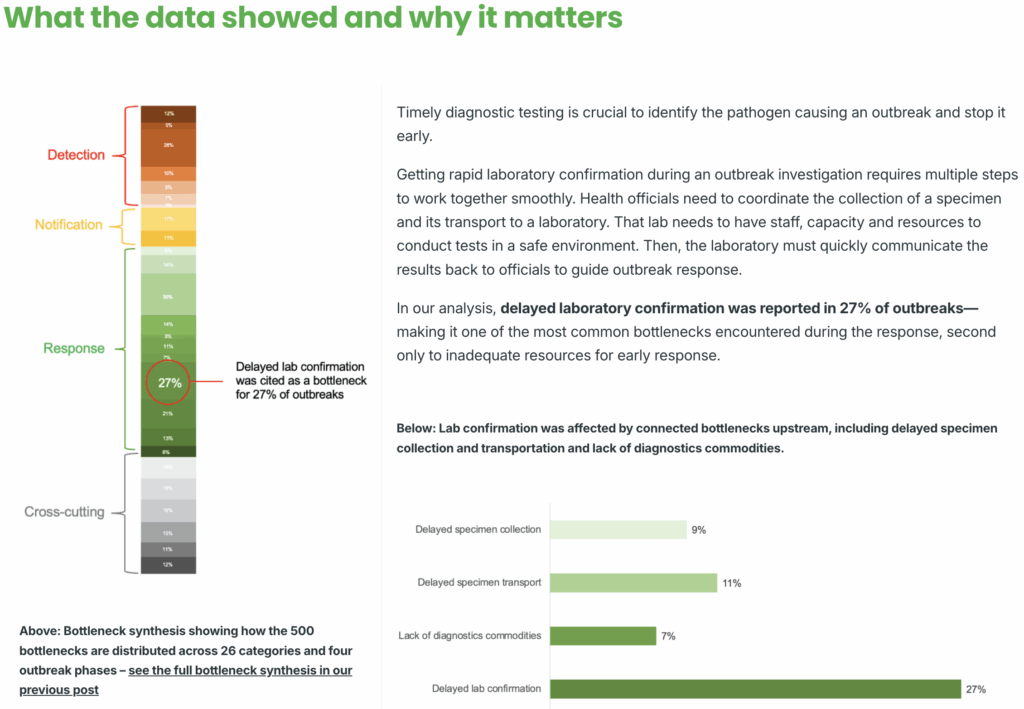
This fourth post in the 7-1-7 bottleneck insights series examines delays in laboratory confirmation—the second most common response bottleneck—and practical ways countries can accelerate diagnostics for faster outbreak control.
Actionable 7‑1‑7 bottleneck insights: Overcoming low clinical suspicion in outbreak detection
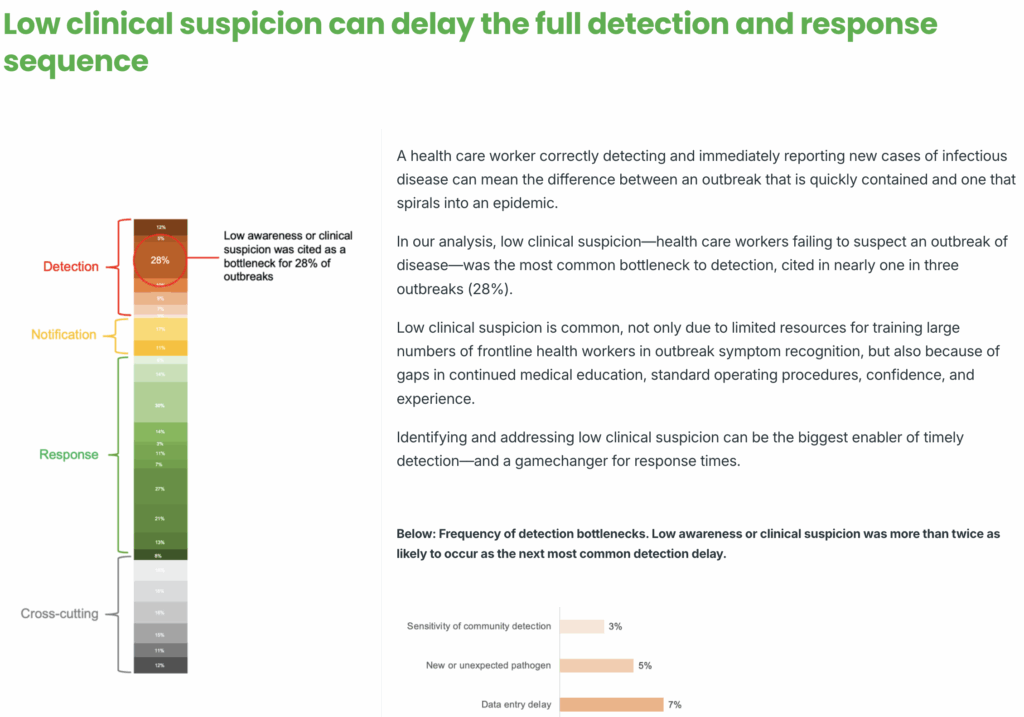
Low clinical suspicion is one of the most common barriers to early outbreak detection. The third post of the 7-1-7 Bottleneck Insights series highlights the value of bottleneck analysis – and solutions to a top barrier to outbreak detection.